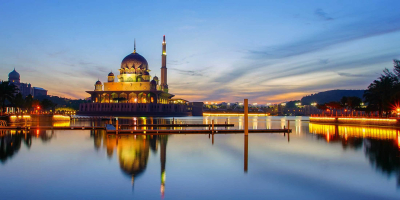Top 11 Luxembourg Culture, Customs, and Etiquette
Despite being a member of the European Union, Luxembourgers appreciate their independence and autonomy and have a strong sense of national pride. Family is ... read more...most important, followed by humility and friendship, as personal values. Here are some things to know about the Luxembourg Culture, Customs, and Etiquette.
-
Due to the small size of Luxembourg, many residents choose to live in the same town where they were born and raised, resulting in tight extended families. Many individuals who are from and live in Luxembourg do so in the town where they were raised, which may be a result of the small size of the nation. Families stay close to one another, but so do their friends and neighbors—both geographically and figuratively—because of their ties. These small groups of people have strong bonds and enduring friendships.
Family always comes first, and it's common for parents to continue to influence their children's life decisions as they get older. Luxembourg families have been practicing their traditions for many years, offering assistance in a variety of life situations, from assisting with education to raising grandkids. As more young people leave the nation to study or work overseas, parental control over their children's life is waning.
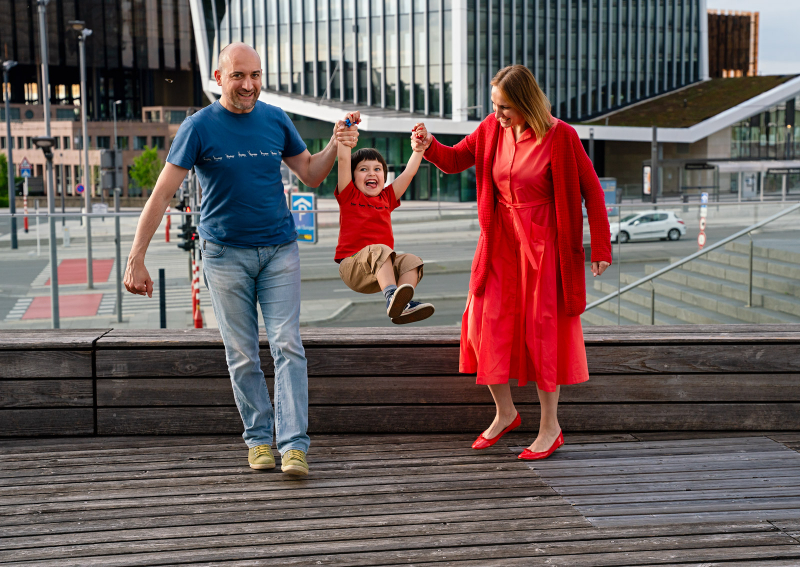
svitlanaphotography.com 
royalcentral.co.uk -
Privacy is also one of the Luxembourg culture, customs, and etiquette that you should know before traveling to Luxembourg. The first thing you will notice about Luxembourgers, whether you are a foreigner or a newbie from the South of Europe, is that they are formal, quiet, and humble. Excessive emotions and public displays of exaggerated attitudes might be viewed as signs of weakness. Luxembourgers are reserved individuals who take their time building relationships since they are both in business and in private. Don't ask any personal inquiries and exercise patience. Personal concerns are rarely a topic of conversation with friends, and they hardly ever interfere with professional life.
Personal matters are forbidden to discuss in the workplace, and professional life seldom gets in the way of personal affairs. If you make friends at work, you may anticipate having a fantastic time away from the workplace while maintaining your professionalism at work. Even so, despite the environment, friends rarely discuss personal concerns. Again, really private matters are best kept inside the close-knit family circle, and many people could find that disclosing such information to a friend would spoil an otherwise enjoyable social gathering.

kaspersky.com 
wikimedia.org -
Another Luxembourg culture, customs, and etiquette that you must bear in mind is business and protocol. When working in Luxembourg, the corporate environment is formal yet kind. Key attributes include making introductions through third parties, demonstrating an interest in Luxembourg culture, being punctual, and developing a strong working rapport. Although using one's pre-existing relationships in this way might be beneficial, you won't always require a third-party introduction to contact someone. Schedule all necessary business meetings two weeks in advance. Avoid scheduling appointments in the months of July and August, as well as during the holidays of Christmas and Easter, as many people will utilize these times to travel.
As much as nuanced honesty is preferred over stark directness, patience is prized over hurrying. Being too passionate or irritable, as well as being late and unorganized, are unacceptable in most cultures. Business meetings are typically organized far in advance, have agendas, and timeliness among personnel is crucial. When negotiating negotiations, especially, make eye contact. Big choices must be carefully considered before being privately made. Last but not least, even while business relationships are kept professional at the workplace, it's normal to become friends with your clients.

risqconsulting.com 
gainsboroughsilver.com -
Luxembourgers are somewhat reserved and formal, but once you start interacting with them, you'll start to feel more at ease. In Luxembourg Culture, A quick handshake is the most typical greeting. The cheeks of two very close friends are kissed three times. Women and men kiss each other more frequently. Typically, hardly much touching occurs when having a discussion. Hugs and handshakes, on the other hand, are welcome gestures that convey friendliness and empathy.
A slight nod or eye contact is preferable to pointing someone out with your finger. Hand gestures aren't used very often in general. It is better to use more subtle body language, such as little nods and attentive facial expressions. Use surnames with the honorific titles Monsieur or Madame in the majority of social settings. It is preferable to use the formal pronoun for you, "vous," rather than the informal "tu," when speaking in formal circumstances. Unless they want it, avoid using someone's first name.

expatica.com 
creherald.com -
Even though it is a secular nation, Roman Catholicism, Judaism, Lutheranism, Islam, and others are acknowledged by the government as legally required religions. Since 1980, the government has outlawed the collection of data on the religious beliefs and practices of its citizens. However, 87% of the nation's population is believed to be Catholic Christians, according to a 2000 estimate by the CIA Factbook. From the city of Trier, Christianity spread to Luxembourg. First to be Christianized were the cities. Long after Christianity arrived in the nation, pagan practices continued to be practiced in rural and isolated locations. However, Christianity had a stronghold in the region by the Middle Ages. Luxembourg's Catholic Church has received funding from the government ever since 1801.
A sizeable portion of the population of the nation also practices Protestantism. In Luxembourg, there are several Protestant churches and denominations. Some of the biggest Protestant churches in the nation are the Church of England and the Protestant Church of Luxembourg. In Luxembourg, Protestantism is the largest minority religion. About 15,000 to 18,000 people in this area practice this faith. The percentage represents around 3.5% of the total population of the country.
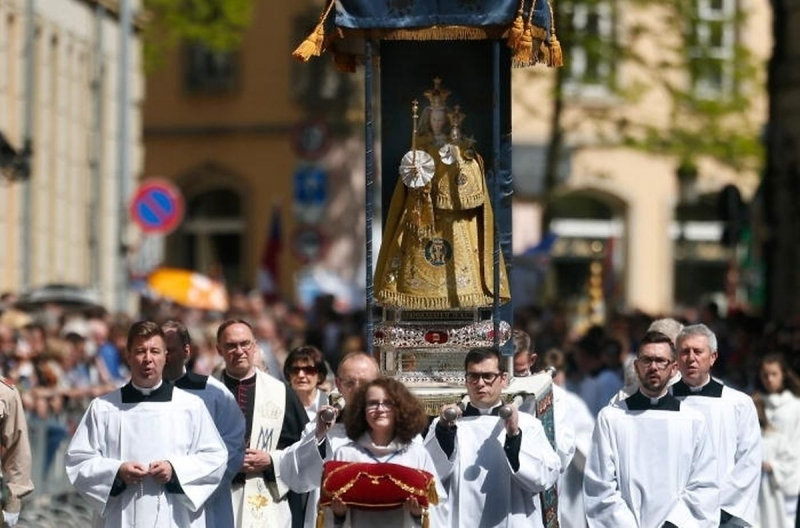
luxtimes.lu 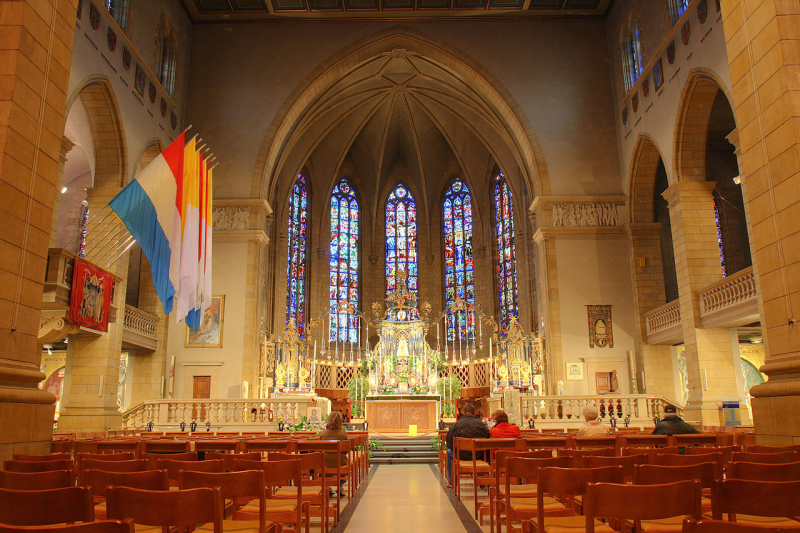
best-cityguide.com -
The official languages of Luxembourg are French, German, and Luxembourgish, which were all created by legislation in 1984. These three languages are used and recognized across the country. The three administrative languages are another name for these three languages. In 2018, 78% of people could speak German, 98% of people could speak French at a level that was more or less high (often as a second language), and 77% of people could speak Luxembourgish (which is the most common native language).
French was the official language and the language of government since it had the most prestige at the time the nation was founded. German was employed in the political sphere to provide commentary on the laws and ordinances so that they could be understood by everybody. French was only taught in secondary education; only German was taught in elementary schools. The introduction of French instruction in primary schools under the legislation of July 26, 1843, strengthened bilingualism.
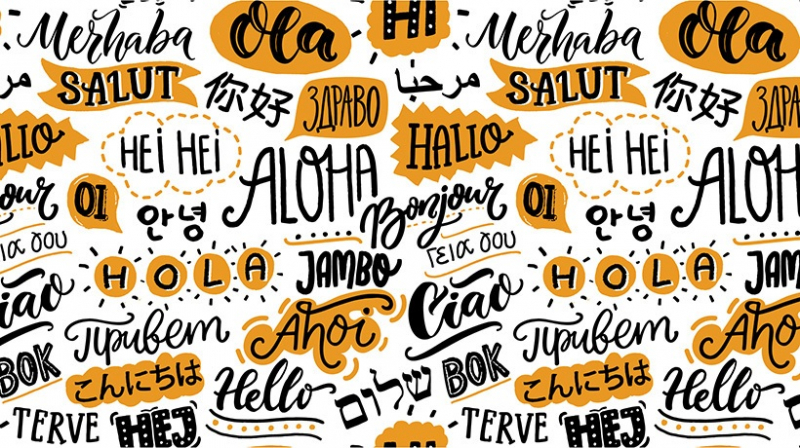
tailieuielts.com 
gurmentor.com -
Taking part in one of the various markets that are hosted in the squares and pedestrian zones throughout the year, or attending one of the many traditional festivals and folk fairs that Luxembourg is famous for, such as the Emaischen or the Schueberfouer, make visiting Luxembourg City worthwhile. The bric-a-brac shops and "car boot sales" transport you to the busy world of flea markets, much as the twice-weekly fairs at Place Guillaume II please connoisseurs of regional goods.
Not just youngsters anticipate the return of the Schueberfouer funfair in the summer. Throughout the year, there are also several additional village fairs and traditional fairs featuring delicious local and regional food and tons of family-friendly entertainment. Numerous music events take place all throughout Luxembourg, and the summertime Blues'n'Jazz Rallye is only one of them. It is the most famous music festival in Luxembourg and among the Luxembourg culture, customs, and etiquette. Art, science, and history are brought to life via occasions like Museum Night in October. There is much for sports enthusiasts as well, including the ING Night Marathon and other cycling or trail events for an athletic tour of the nation's capital.
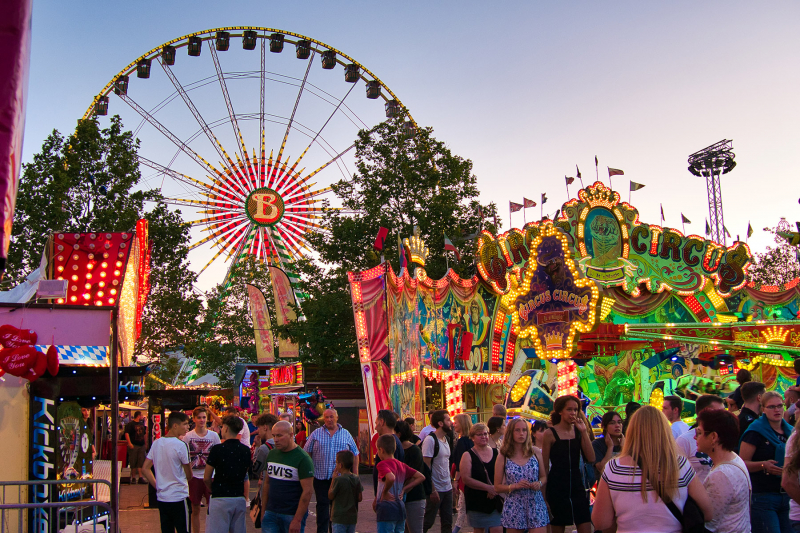
expatica.com 
expatica.com -
The cultural life of Luxembourg is significantly influenced by its music. While opera is commonly performed in theaters, symphonic performances may be found in the acclaimed new Philharmonie concert hall. Along with jazz, rock, and pop, there are many popular artists in these genres. The Union Grand-Duc Adolphe, the country's national music federation for choral organizations, brass bands, music schools, theatrical companies, folklore organizations, and instrumental ensembles, is a good indicator of the broad popular interest in music and musical activities in Luxembourg. The organization presently represents approximately 17,000 individual members in 340 music groups and organizations.
The musical and cultural legacy of Luxembourg is Germanic. Union Grand-Duc Adolphe (UGDA) is the country's music union. The Luxembourg Conservatory of Music, which enrolls over 2,600 students a year, is another significant institution. The Echternach Music Festival and the Rock um Knuedler in Luxembourg City are two annual music events. Europe-wide listeners tune in to Radio Luxembourg, the national radio station. With the popularity of folk, classical, popular music (pop, rock, hip hop), and electronic dance music, modern Luxembourg is now home to a variety of performers (hardstyle, jumpstyle, hardstyle).
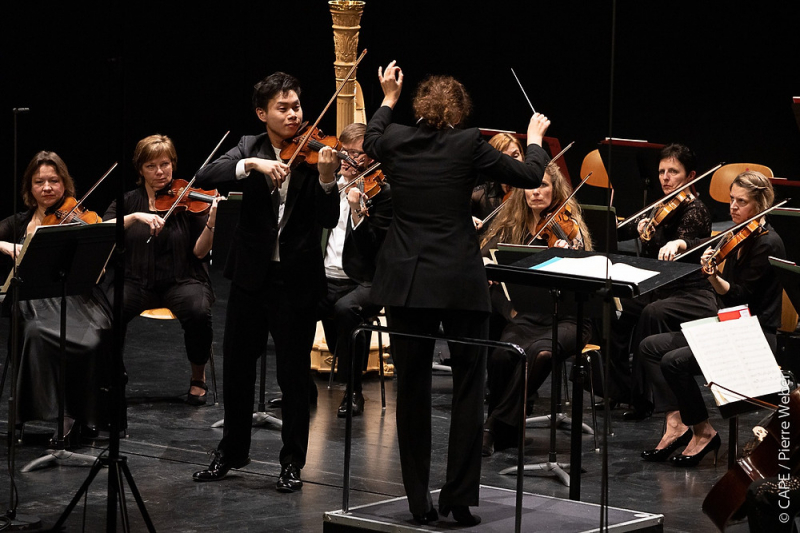
corinnaniemeyer.com 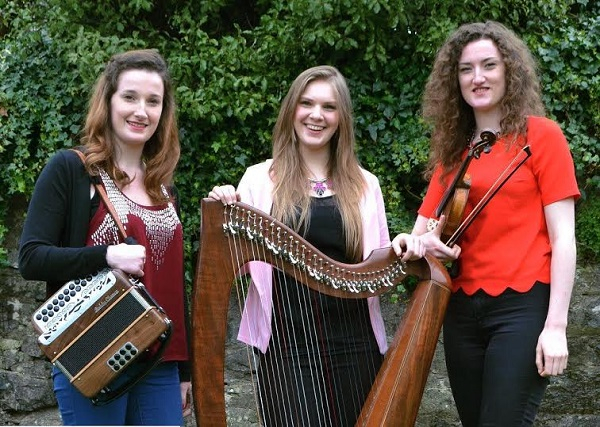
chronicle.lu -
Roman-era art may be seen in Luxembourg, notably in the massive mosaic from Vichten and the statues that can be found all around the nation. Numerous cultural artifacts have been kept in Luxembourg's churches and castles over the years, although almost all of them are attributed to foreign artists. Paintings and maps of the City of Luxembourg and its fortifications from the end of the 16th to the beginning of the 19th century are the first examples of art with a distinct national flavor, while they were also mostly produced by foreign painters.
After becoming a grand duchy in 1815, paintings of Luxembourg and its environs sparked a real interest in art among the nation's own residents in the 19th century. The early 20th century, when Luxembourg painting was at its most prolific, was then marked by an interest in Impressionism and Expressionism, but after World War II, Abstraction started to dominate the art world. There are many successful contemporary painters working today, some of whom have achieved widespread international acclaim.
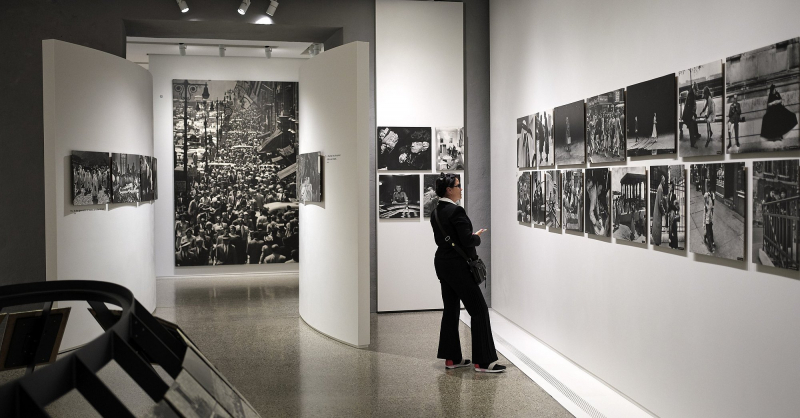
visitluxembourg.com 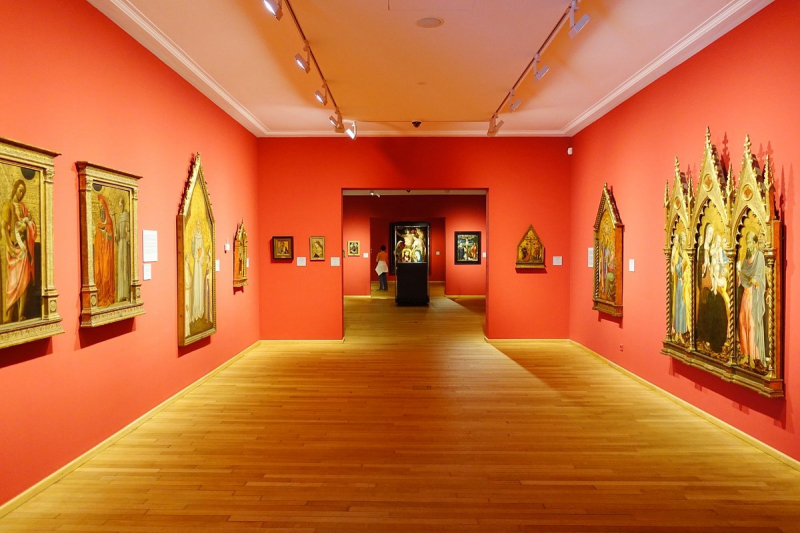
tripadvisor.com -
The literature of Luxembourg is mostly unknown outside of its boundaries, in part because most works are expressly written for a local audience and in part because Luxembourg authors write in one or more of the three official languages (French, German, and Luxembourgish). Additionally, the development of Luxembourgish literature did not start until the 19th century, coinciding with a rise in national identification following the Treaties of Paris (1815) and London (1815). (1867).
One old work has lately been given a place in Luxembourgian literature. The life of Yolanda of Vianden is chronicled in the Codex Mariendalensis, a manuscript from the first half of the fourteenth century. It was found at Ansembourg in November 1999, and it's thought that Brother Hermann von Veldenz composed the account of Yolanda's life thereafter she passed away in 1283. It is written in the peculiar Moselle Franconian German dialect, which is closely related to modern Luxembourgish and has 5,963 lines of rhyming couplets. The poem describes Princess Yolanda's decision to leave the luxuries of her Vianden Castle residence in order to enter the Convent of Marienthal, where she subsequently rose to the position of prioress.

culture.lu 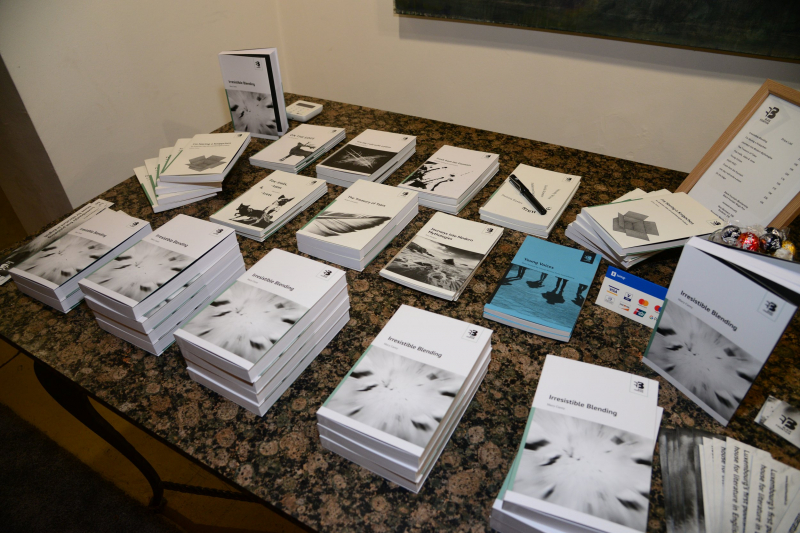
blackfountain.lu -
Sports in Luxembourg are not focused on a single national sport like they are in the majority of European nations; rather, they include a variety of team and individual sports. Despite the absence of a primary athletic emphasis, more than 100,000 persons in Luxembourg, a country with a total population of only 610,000, are officially members of one or more sports federations.
The Luxembourg National Division, a soccer competition, is without a doubt the most well-known sports league in Luxembourg. The BGL Ligue was the previous name of the league. It is the highest tier for soccer/football and is regarded as the best sports league in the nation. The league consists of about 20 clubs, and the reigning winners are F91 Dudelange. Basketball is the next sport that attracts a lot of interest in Luxembourg. Even though not many people play it, basketball has a large following. Many dual citizens of the United States may not be aware that each basketball team in Luxembourg may include up to two American players. Alfonzo McKinnie was one of several well-known NBA players that played in Luxembourg in the past. Similar to Zeke Upshaw, who went away in 2018 after an NBA game, you might be familiar with Zeke Upshaw.
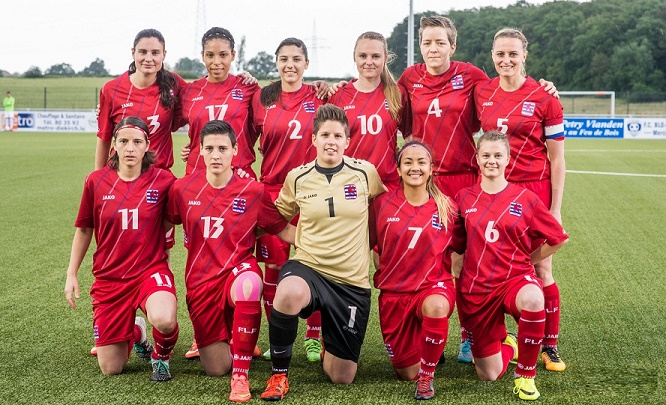
goalzz.com 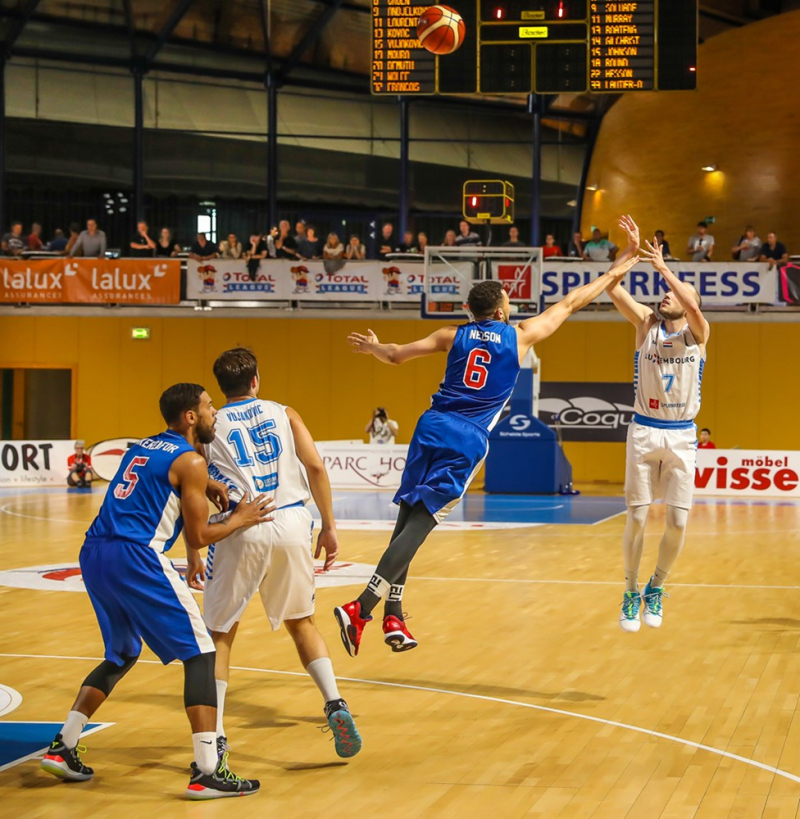
fiba.basketball
































